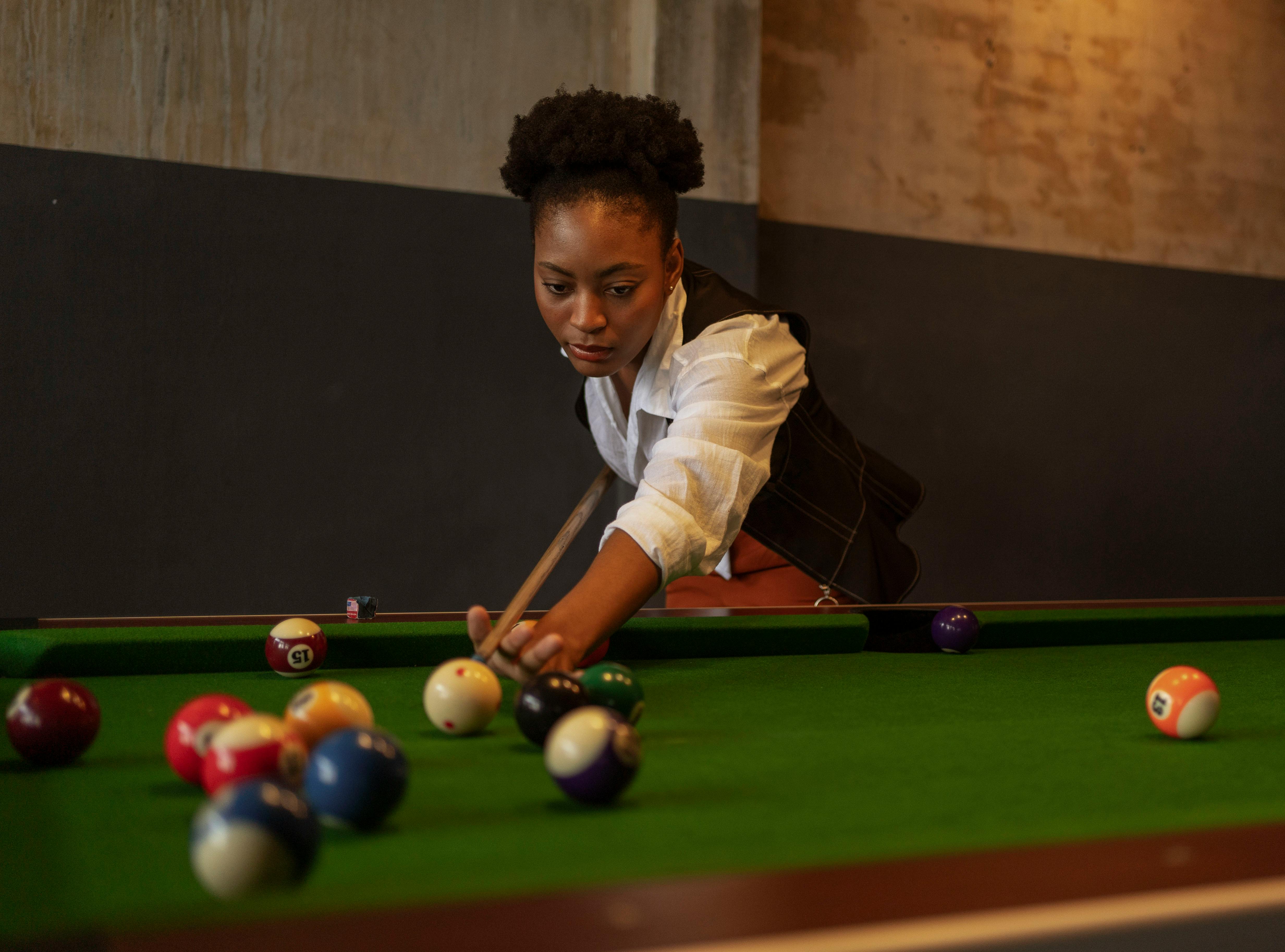Sometimes you hear about the scoring clubs. They are best defined as the clubs that, if played well, will have the most influence in keeping your score low. However, there is not a fine line between sticks that score and shots that score. Let’s talk about both.
Probably your most important club is your putter. The difference between being a good putter and a bad one is about six strokes per round. If you take more than 36 putts per round, you are a bad putter. A few putting lessons and more practice will get you those six shots.
The putts to practice are the four feet inside and the 25 feet outside. You can’t waste shots by missing short ones, and three-putt greens are the result of leaving long approach putts too far from the hole.
Some people might say that the next most important scoring club is the wedge (or family of wedges), but I’m going to go with the short irons: the 8-iron, 9-iron, and the pitching wedge.
Hitting a second shot to the green from the distances you hit these clubs is a gift. There’s no reason why you shouldn’t come down from three with your eyes on the green and a short iron in hand. At the range, hit these clubs three times as often as you hit your driver. You should be able to hit the green with a short iron more than half the time, and still be close to the pin when you miss.
The last scoring club worth mentioning is your 6-iron. Not from the fairway, but from the side of the green. Due to inaccuracies in iron play, most recreational golfers chip the vast majority of greens. Getting up and going to bed should become a routine. Going down in three (or more!) shots is an unnecessary way to increase your score.
The 6 iron chip will save you as many strokes as a good putt. Let the pros jump in with their wedge lob. Hit your chips off the green with a 6-iron, so the ball runs into the hole like an approach putt.
Note that I did not mention the driver. Well, I mentioned it once, but not as a scoring club, because for most recreational golfers it’s an anti-scoring club.
I have a general rule that you should never hit a club that has less loft than your handicap. Until you get pretty good at it, that means leaving your driver at home. Hit the tee with the longest club you feel confident you can put the ball into the fairway with. Don’t worry about losing yards. That rarely leads to a loss of strokes.
Think of scoring sticks as the ones that get the ball closer to the hole and into the hole. Practice with them more than any other, and your score will plummet.
